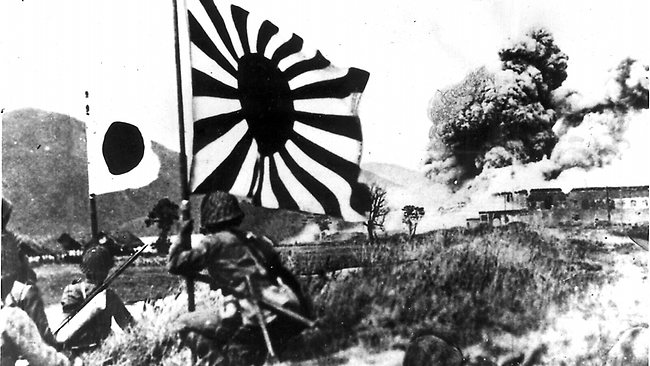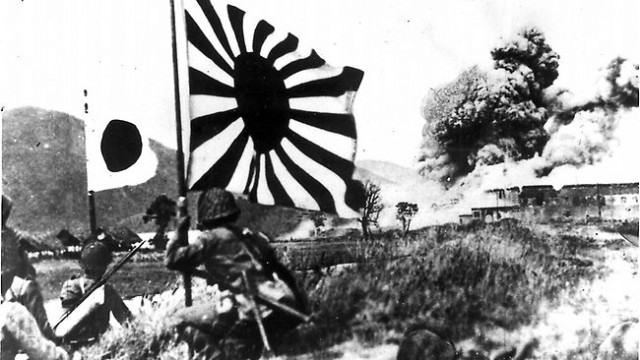The role of Imperial Japan in the Second World War has already gone down as a dark chapter in history books. Japan’s treatment of its colonies and newly conquered lands is well known to historians. After facing a humiliating defeat at the hands of the US, Japan had adopted a sort of remorseful approach towards it Imperial past.
Under the leadership of the current Prime Minister, Mr Shinzo Abe, the Japanese government seems very determined to restore its honour and respect by revising its policies towards WWII and Imperial Japan.
The Japanese education ministry has recently fulfilled its promise to revise the history textbooks taught in schools and colleges. The ministry states that there was a fundamental flaw in the history books with respect to the role of Japan in WWII.
The education ministry under Mr Shimomura has revised the books and has issued orders to change certain accounts of the War. The ministry has stressed the importance of clearly presenting the territorial position of Japan. It also urged that disputed islands be referred to as an ‘inherent’ territory of Japan.
Japan is currently in a dispute with the Chinese government over the Senkaku islands, which are called Diaoyu in China. Japan also claims the ownership of Takeshima Islands over South Korea, which calls them Dokdo. Modern textbooks will reflect the Japanese right over these islands and will refer to China and South Korea as unlawful occupiers of these islands.
There will also be some subtle but significant amendments in the textbooks, with respect to WWII. For instance, the word ‘massacre’, while referring to the 1937 Nanjing atrocity, will be replaced by the more ambiguous term ‘incident’. Publishers have also been urged to remove references and photographs of the South Korean women who were kidnapped and put into brothels by the Japanese army. They have been asked to stress that the Japanese government has found no proof that so-called ‘comfort women’ were taken under duress.
The ministry set guidelines for history textbooks during the brief first term of Prime Minister Abe. The objective of these amendments and revisions was to nurture a ‘love for country’.
Despite his controversial personality and ‘blind’ love for his country, Mr Abe was re-elected for the office of prime minister in 2012. He has shown a determination to overturn Japan’s post-war ‘regime’ and lead the nation out of the guilt and shame it has been carrying since 1945. He has been wary of what he calls Japan’s ‘self-deprecating’ education system, which was imposed by the Allies, and especially by the US during its occupation of Japan from 1945 to 1952, The Economist reports.
The liberal democratic party of Mr Abe has always been a strong opponent of the education system of Japan. Since its formation almost 60 years ago, it had been calling for reforms in the curriculum and the foreign policy of Japan. And now the LDP has all the power it needs to influence the system and to make amendments wherever it wills.
As a consequence of the Japanese government’s denial of WWII atrocities, especially its approach towards the ‘comfort women’ issue, South Korean authorities have also launched a campaign to create more awareness about the issue of Japanese brothels in WWII. Teachers will get special training regarding the ‘comfort women’, who will then help children develop a broader understanding of the issue.

